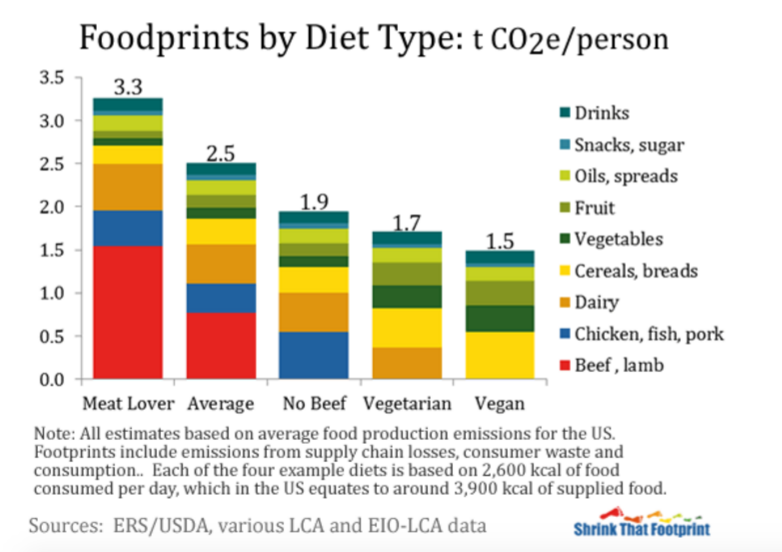Carbon Footprint at Our Conference
In order to make our 2016 GIN Conference have the lowest carbon footprint possible, we investigated areas with a large carbon footprint including diet, consumption, and transportation.
MINDFUL MENU:
According to Henning Steinfeld “Animal agriculture is responsible for 18 percent of greenhouse gas emissions, more than the combined exhaust from all transportation.” Eating meat, specifically beef, is the greatest cause of global Co2 emissions. Because we are trying to keep the conference carbon footprint low, we will provide meatless options for various meals and snacks.
PAPERLESS CONFERENCE:
The consumption of paper is on the rise, the production of paper uses over 12% of the energy in the industrial sector and 40% of the world’s logging. For these reasons, we will substitute paper with electronic devices. There are going to be many options to avoid the use of paper. Electronic tools such as the Google platform (Drive, Docs , Gmail…etc.) will be utilized in Global Villages. We are also purchasing a bandwidth upgrade for school wifi as well. All students have been asked to bring a device that can be used to document and communicate during their time at the GIN Conference. Because Antioquia relies mainly on hydropower to provide energy to its citizens, your devices will be powered with clean energy.
TRANSPORTATION OFFSET:
Flying long distances, “dwarfs any other individual activity in terms of carbon emissions.” Students that are traveling from outside of Medellin, or outside of Colombia will be asked to compensate for the pollution caused by their air travel. This will help us to offset the large carbon footprint of the conference, and if students do something ecological to compensate in their home cities, the benefit will be shared. Some students will plant trees depending on the distance they have covered in airplane. Others will go meatless, try new transportation methods, or invest in renewable energies. See Step 8 in Registration for more information.
The Columbus School is committed to making a big effort all the time, but especially during the GIN conference! With your help, we can make a difference.
By: Sofia Vasquez, Tomas Ortiz, Juan Manuel Rodriguez, Felipe Santamaria and Felipe Hoyos and Paloma Urrea




